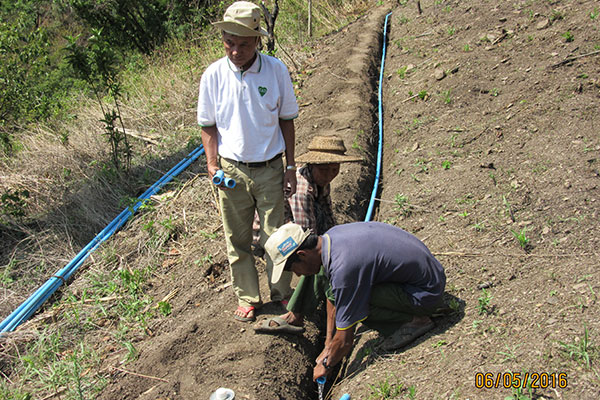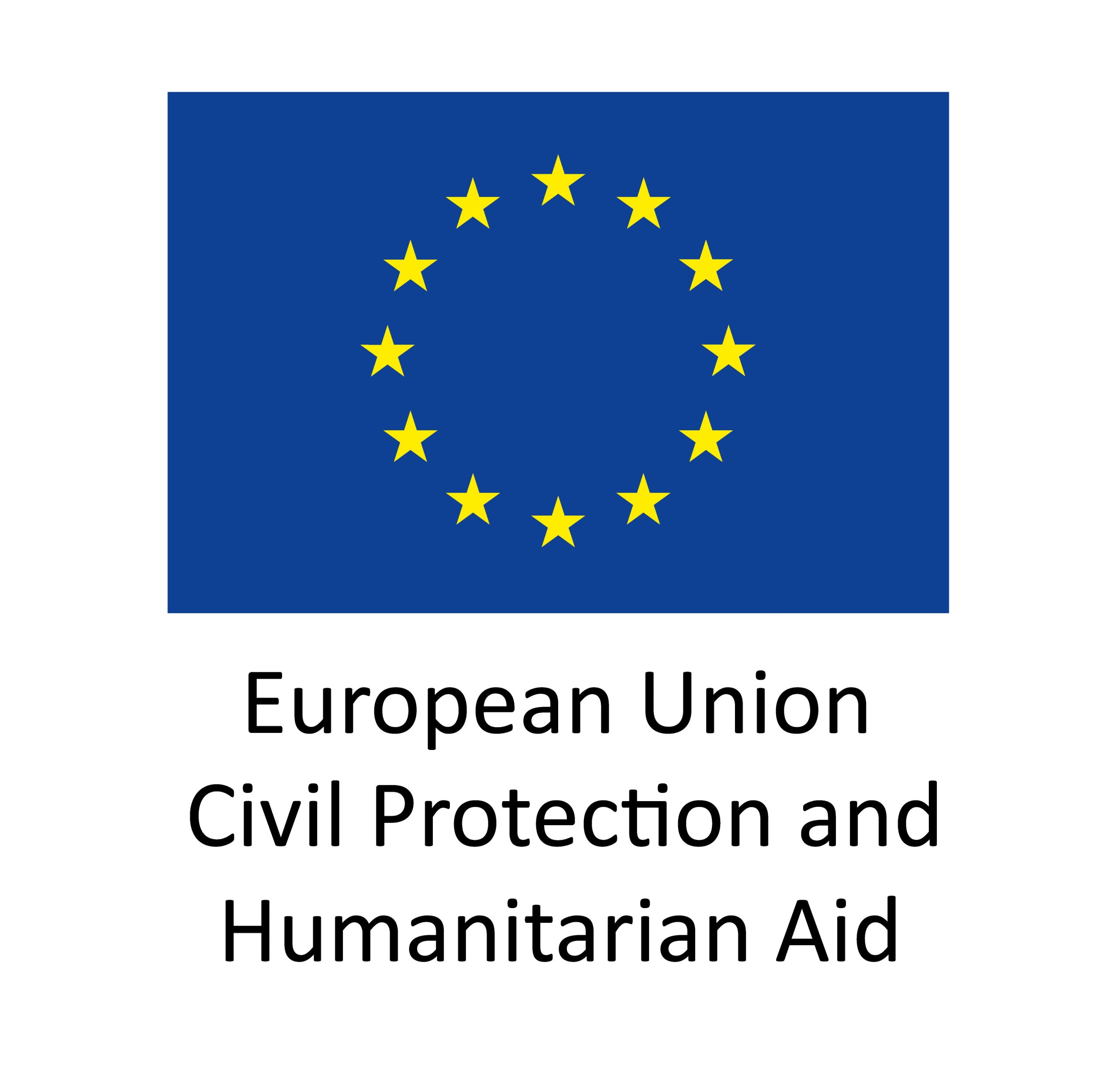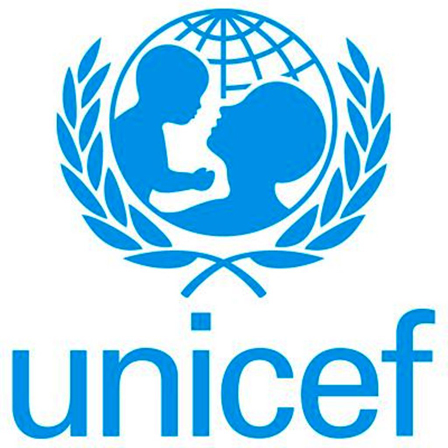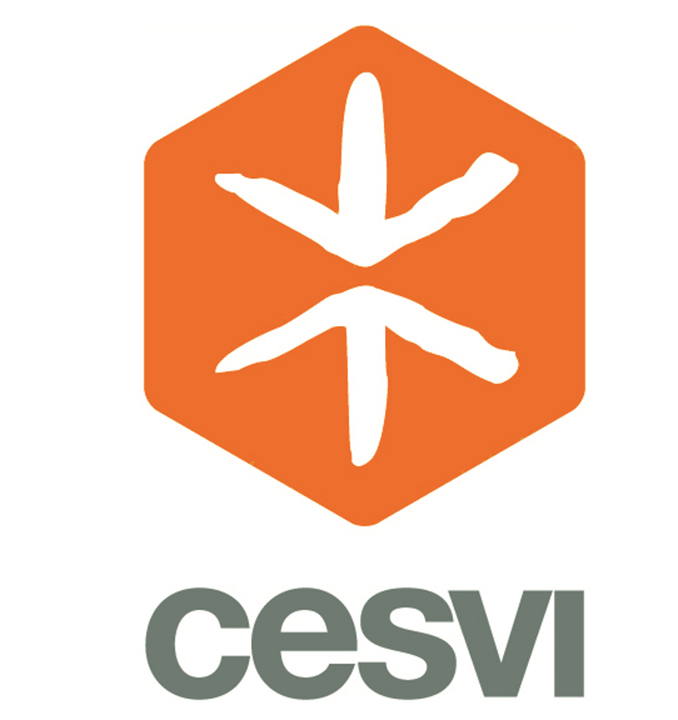
In our Chin state, there are no tube-wells nor artesian-wells nor any other wells for supplying water for washing or drinking. Therefore, all villagers find difficulty for drinking water. All throughout the Chin state, the Chins use the ancient and primitive method of bringing the water supply over long distances by means of bamboo-pipes. It is a rather clumsy and unhygienic method, and often at the mercy of the cows, buffaloes and wild animals roaming the area. They, no doubt, have some ideas of bringing in their water using GI pipes, but the whole process is too costly and far above their slender means. A thing they cannot dream of setting up just relying on our own meager funds and resources. Therefore, we approached few agencies and embassy philanthropic associations for this project but they are also not in a position to give any sizeable for whole village. Finally, the British Embassy in Myanmar fraternally and generously assisted two drinking water supply programs. The highest ceiling of their aid goes to some US$ 20,000 which covers about 4 kilometer of irrigation distant system to village communities.
Not only in mountainous areas, but also in central Myanmar such as in Ye Oo township in Sagain region and Natogyi township in Mandalay region, CAD, by setting up our sub-offices, is helping rural communities for sufficient and sustainable water resources management for their consumption, personal hygiene, animal consumption and farming too. In this center Myanmar, British American Tobacco company (BAT) has been involving for sustainable water resources development by its CSR (Corporate Social Responsibility) fund, with CAD since 2015. CAD is ready to work with companies for their CSR projects where the need is most urgent for our communities.
Our Goal:
To enhance sufficient and hygienic drinking water supply for the good effect on the families’ health.
Objectives:
1. To substitute the existing primitive method of bringing water supply with new advanced pipes.
2. To irrigate water from bigger stream source.
3. To encourage sanitary practices and minimize faecal contamination.
4. To secure a healthier standard of living.
5. To enhance home-grown gardens.





